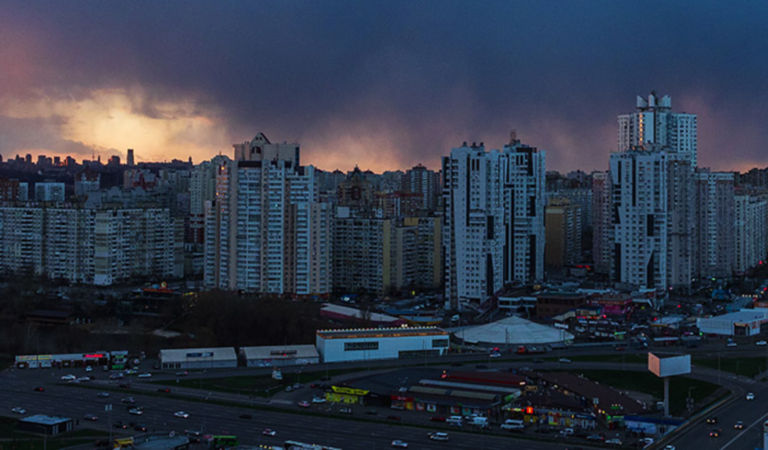3. War does not necessarily generate attractive equity buying opportunities for investors.
Allegedly said in 1810 by financier Nathan Rothschild: “Buy on the sound of cannons, sell on the sound of trumpets.” Certainly said more recently by superinvestor Warren Buffett: “Be fearful when others are greedy and greedy when others are fearful.”
I cannot bring a ton of insight to this topic right now, but as far as I can tell, it does not appear to be generally true that when country ABC goes to war, its stock market will be a “good value” with a high likelihood of performing strongly going forward. A 2010 Berkman, Jacobsen, and Lee study created a “crisis index” showing that while US stock prices often look cheap in times of heightened global crisis, that typically has not translated into a subsequent reality of high returns to investors.
One obstacle here is that the available data does not include very many observations of full-scale war. (Figure 2 shows that across 167 nations from 1918 – 2006, there was only a 1.35% chance that a given country in a given year would be embroiled in an all-out war.) At any rate, the Berkman, Jacobsen, and Lee research demonstrates that situations like Russia/Ukraine — a severe crisis involving a major world power — have more of an impact on global equity markets when they first break out, but what it does not do is present any convincing evidence that such conflicts spawn buying opportunities for investors.











